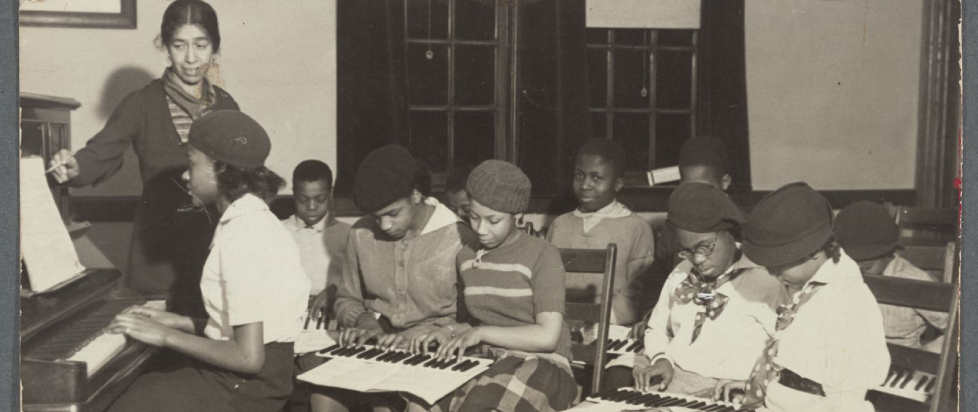
A Tale of Game Restrictions
Videogames do not exist independently of the world. They are connected to the past, present, and future.
In late 2019, China’s videogame regulator, the National Press and Publication Administration (NPPA) issued a notice to declare war against gaming addiction. Under the requirement of real-name registration, minors (defined as citizens under the age of 18) are provided with one and a half hours of gameplay on weekdays and a maximum of three hours on weekends and public holidays. Two years later, the NPPA tightened the measures and stipulated that online game providers may only offer minors one-hour services from 20:00 to 21:00 on Fridays, Saturdays, Sundays, and public holidays. In addition to the limits on playtime, there are clauses on minors making in-game purchases, tipping live streamers, and other things.
According to media statements, these restrictive measures aim to prevent minors from becoming addicted to online games and protect their physical and mental health. Despite that, the rules ask all users to verify their accounts with identification information authenticated by facial recognition, even though the effectiveness of such mandates is still open to question. For example, minors can lie to their their grandparents with plausible excuses to register accounts that do not have to abide by time limits, and then trick them into helping bypass face scans. Last year, a 60-year-old man reportedly scored a penta-kill in a mobile MOBA at 3 o’clock in the morning, the news of which then spread like wildfire across social media. No matter what the story’s ins and outs are, the fact that it got so much attention is already a sign of skepticism about the efficacy of enforcing gaming restrictions. An article published in Nature Human Behaviors also reports “no credible evidence for overall reduction in the prevalence of heavy playtime following the implementation of regulations.” Obviously, there is a gap between the formulation and implementation of public policies, not to mention the pursuit of curbing digital addiction in a digital age.
Apart from the operational challenges, the invisibility of minors should be questioned more. As the interested party, minors are arbitrarily deprived of free access to a recreational activity with few people taking their opinions seriously, as if it were a matter of course. In many cases, the voices of minors are marginalized when it comes to topics concerning the well-being of the next generation, and more often we hear some self-satisfied adults obsessed with the myth of establishing absolute control over young human beings with their perceptions on ideal patterns of child development. In the eyes of these grown-ups, the best minors can do is passively rely on their charity and instruction. “I know what you want better than you do, and I am doing this for your own good.” Such blatant patronizing attitudes reveal the inherent disparity of identity between adults and minors.

Worse still, in response to the display of a “high-handed” demeanor, some minors are making attempts to replicate and invert the posture of self-righteousness by performing “adultness”. I happened to watch a video in which a teenage student was thinking about dropping out of school. The content is about him speaking “eloquently” about how the education system has failed young men. In front of the camera, he accused the school of suppressing his nature, as he could not understand why a student was required to learn and recite classic literary works if he wanted to become a lawyer in the future.
Honestly, his grievance makes sense, but I don’t think this rebellious behavior can win him much sympathy or substantial support, and in his rhetoric, there is nothing radically subversive of the adult authority. He is basically a young man who desperately uses big words to impress others and naively believes his bitter criticism of the established order is a demonstration of maturity. He thinks he is finally able to wield the sword of sophistication like adults, yet this performance is hollow because of the lack of experience, and he cannot sustain his ambition to conquer the realm of adulthood. As a result he is caught in an unwinnable situation and his poor effort actually reinforces the stereotype of adolescent insubordination, which is what he intended to break at first. In the end, an action that is supposed to promote understanding reverses itself as a new source of misunderstanding.
I was a substitute teacher in a rural elementary school after these new regulations were introduced, where I asked my students about their activities outside of school hours. I was expecting complaints about their limited exposures to online games, but in fact, most of them were talking enthusiastically about personal interests. A boy showed me his illustrated book of dinosaurs and shared his knowledge about fossils. I also met a kid who handed me some of his sketches about rockets, spaceships, and Crewmates inspired by Among Us. Meanwhile, I could observe the impact of other forms of digital entertainment beyond online gaming, as some of them expressed an interest in watching short videos and mentioned memes which could be taken as insulting or aggressive. Clearly, the energy of children’s thought and imagination can neither be created nor be destroyed. It cries for an outlet. If the reduction of gaming addiction among minors means an increase of time spent on short-form videos or bulletin boards, it is not a triumph.
Restriction is never a permanent solution but more of a makeshift arrangement. Perhaps it is time to adopt a more progressive view on children and adolescents in the digital age. My days with these bright, energetic minds have made me realize that they are by no means simple, compliant students or submissive followers of directives. Instead, they are highly active individuals filled with the potential of creativity and the impulse of self-expression. Chairman Mao in 1957 compared young people to the morning sun, because they are in the bloom of life, full of vigor and vitality. One day, when minors become adults, when the world is in their hands, will there be any changes then?
———
Zonghang Zhou is a small-town boy seeking to write about games and culture in the English department. He is waiting with anticipation for someone to find him @zhzhou86.





